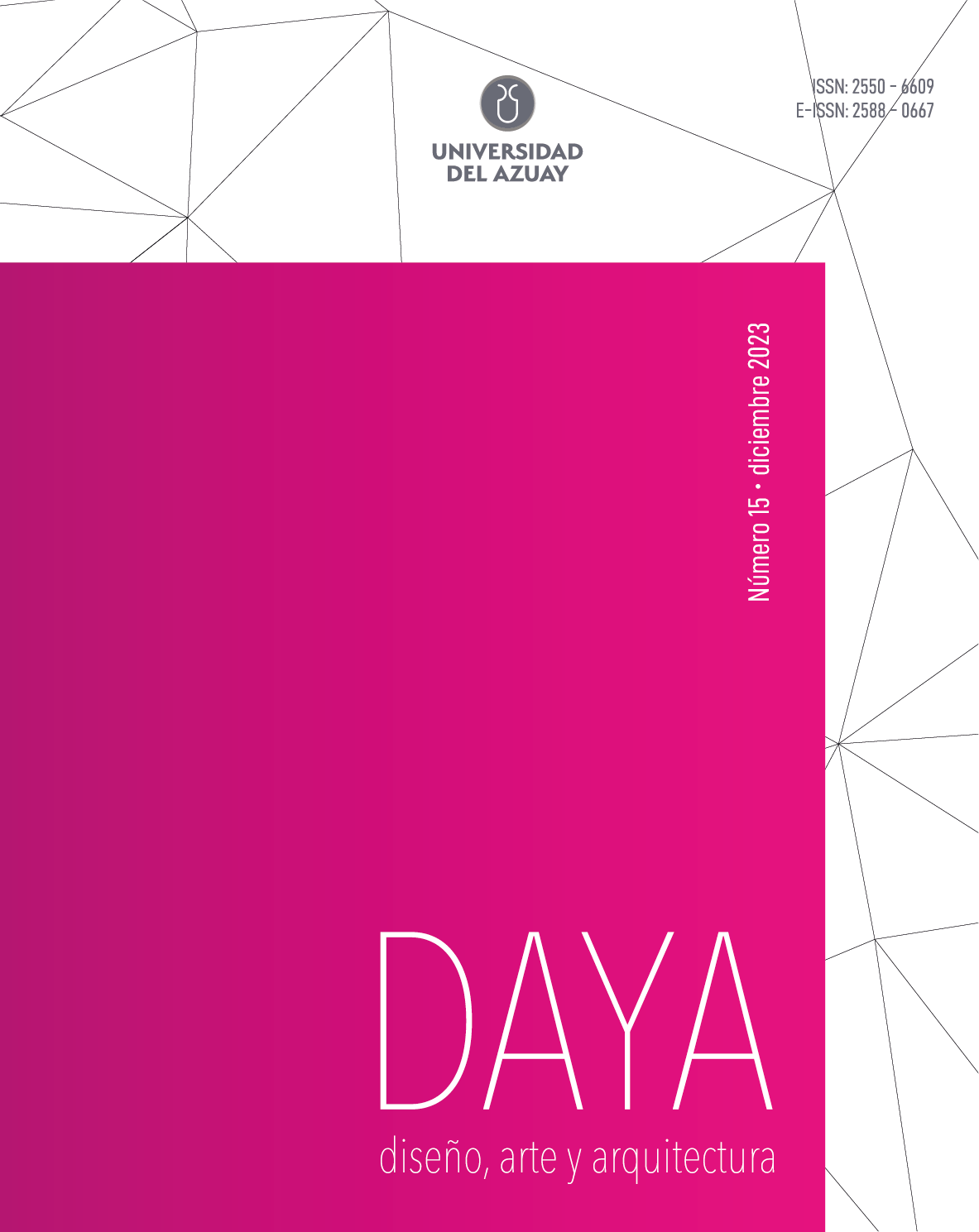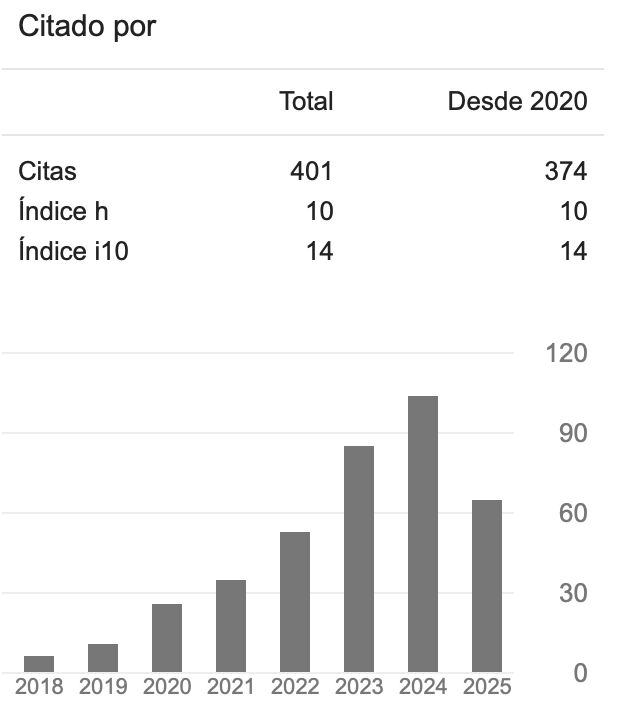EL APEGO AL LUGAR EN LA CIUDAD CONTEMPORÁNEA: UN ENFOQUE DESDE LA COMPLEJIDAD Y LA TEORÍA ACTOR-RED
DOI:
https://doi.org/10.33324/daya.vi15.703Palabras clave:
Apego al lugar, sistemas complejos, Teoría actor-red, ciudad contemporánea, ensamblaje de lugarResumen
El fenómeno de apego al lugar se ha vuelto cada vez más complejo en el contexto de la ciudad contemporánea y la globalización. El flujo de información, ideas y estilos de vida introduce nuevas dinámicas en la formación de la relación persona-lugar, que ahora puede ser influenciada tanto por aspectos locales como por factores globales. La característica multifactorial del apego al lugar en la ciudad contemporánea ha generado un creciente interés en comprender cómo las personas se conectan emocionalmente con su entorno urbano, cómo se forjan identidades colectivas y cómo se construyen narrativas comunes en un entorno de diversidad cultural y de interacciones globales. Este artículo de investigación presenta la teoría de la complejidad y la Teoría Actor-Red como perspectivas útiles y valiosas para conceptualizar, así como comprender el fenómeno del apego al lugar, desde un enfoque multiescalar. El objetivo de este trabajo es proporcionar una revisión teórica que permita relacionar tres teorías clave: complejidad, Teoría Actor-Red y apego al lugar. En este contexto, el resultado del análisis proporciona los fundamentos necesarios para superar las barreras de conocimiento reduccionistas y fomentar un diálogo multidisciplinario que facilite la comprensión de la construcción del apego al lugar en la ciudad contemporánea. Esta contribución resulta valiosa al considerar el apego al lugar como dinámico y multiescalar, lo cual influye en la manera de analizar este fenómeno en la ciudad.
Palabras clave: Apego al lugar, sistemas complejos, Teoría actor-red, ciudad contemporánea, ensamblaje de lugar.
Abstract
The phenomenon of place attachment has become increasingly complex in the context of the contemporary city and globalization. The flow of information, ideas, and lifestyles introduces new dynamics forming the person-place relationship, which both local aspects and global factors can now influence. The multifactorial nature of place attachment in the contemporary city has generated growing interest in understanding how people connect emotionally with their urban environment, how collective identities are forged, and how common narratives are constructed in a setting of cultural diversity and global interactions. This research paper introduces complexity theory and Actor-Network Theory as valid and valuable perspectives to conceptualize and understand the phenomenon of place attachment from a multiscale approach. This work aims to provide a theoretical review to relate three key theories: complexity, Actor-Network Theory, and place attachment. In this context, the result of the analysis provides the necessary foundations to overcome reductionist knowledge barriers and foster a multidisciplinary dialogue that facilitates the understanding of the construction of place attachment in the contemporary city. This contribution is valuable in considering place attachment as dynamic and multiscale, influencing how this phenomenon is analyzed in the city.
Keywords: Place attachment, complex systems, Actor-Network Theory, contemporary city, place assemblage.
Descargas
Publicado
Cómo citar
Número
Sección
Licencia

Esta obra está bajo una licencia internacional Creative Commons Atribución-NoComercial-CompartirIgual 4.0.






